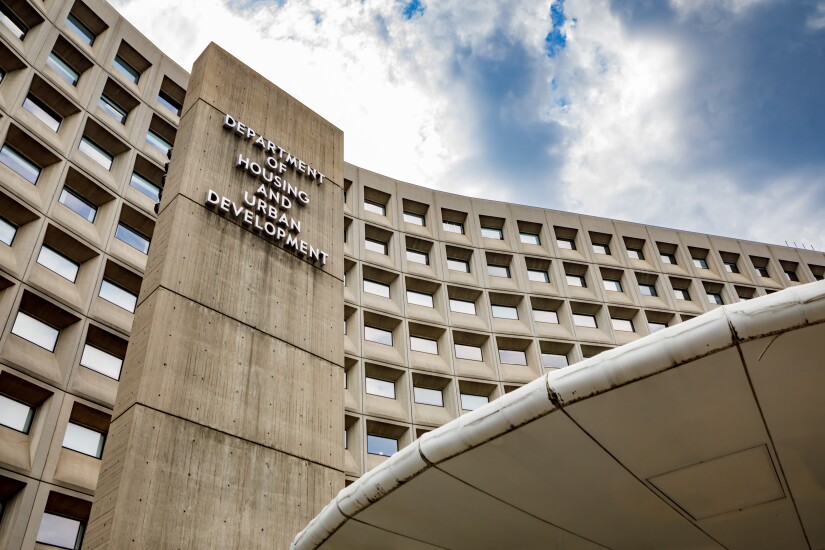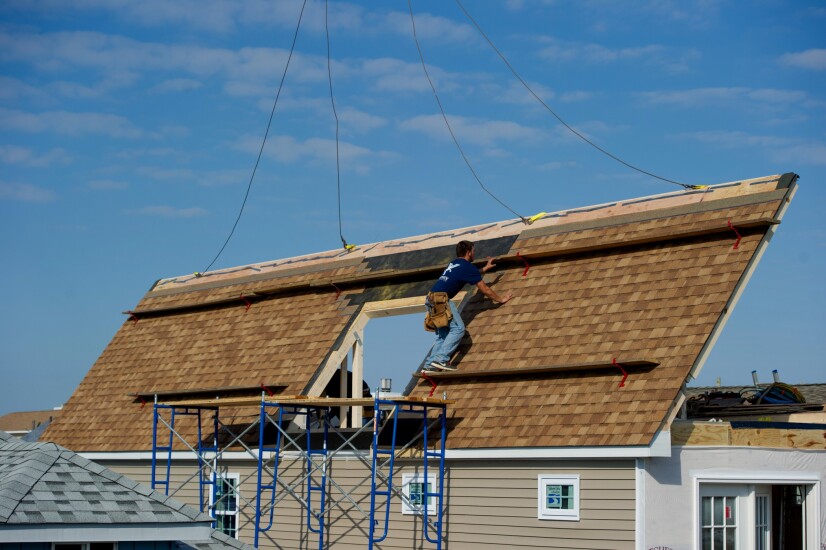Want unlimited access to top ideas and insights?
The
The first round of grant funding, roughly $85 million, was allocated this year to the first round of PRO Housing recipients.
"Building rental units and homes faster means lower costs for consumers. … Not only will more units get to the market faster, but increasing the speed of construction lowers building costs," said the White House in a
Other initiatives involve expanding the categories of housing that can be built under HUD's Manufactured Home Construction and Safety Standards, allowing duplexes, triplexes and fourplexes to be constructed within compliance.
Read more:
The White House isn't alone in this effort, as the
While former U.S. President Donald Trump has been vocal on other issues like tax cuts and border control during his campaigning, he's been less clear about his stance on housing policies.
Trump rolled back the Obama-era revisions to the
"I don't think he has a huge identity on housing, aside from that particular action, which suggested that he might be more favorable to local control of planning and zoning and giving local communities more power to approve new housing," Brian Connelly, a business law professor at the University of Michigan who specializes in real estate, land use and zoning, told American Banker's Kyle Campbell.
Inflation, however, has been a key issue the
The document calls for "slashing inflation" to curb future mortgage rate rises as well as "open limited portions of federal lands to allow for new home construction, promote homeownership through tax incentives and support for first-time buyers and cut unnecessary regulations that raise housing costs."
Read more:
Below are recent notable impacts to the affordable housing market and how lenders and homeowners alike will be affected in the coming months.










